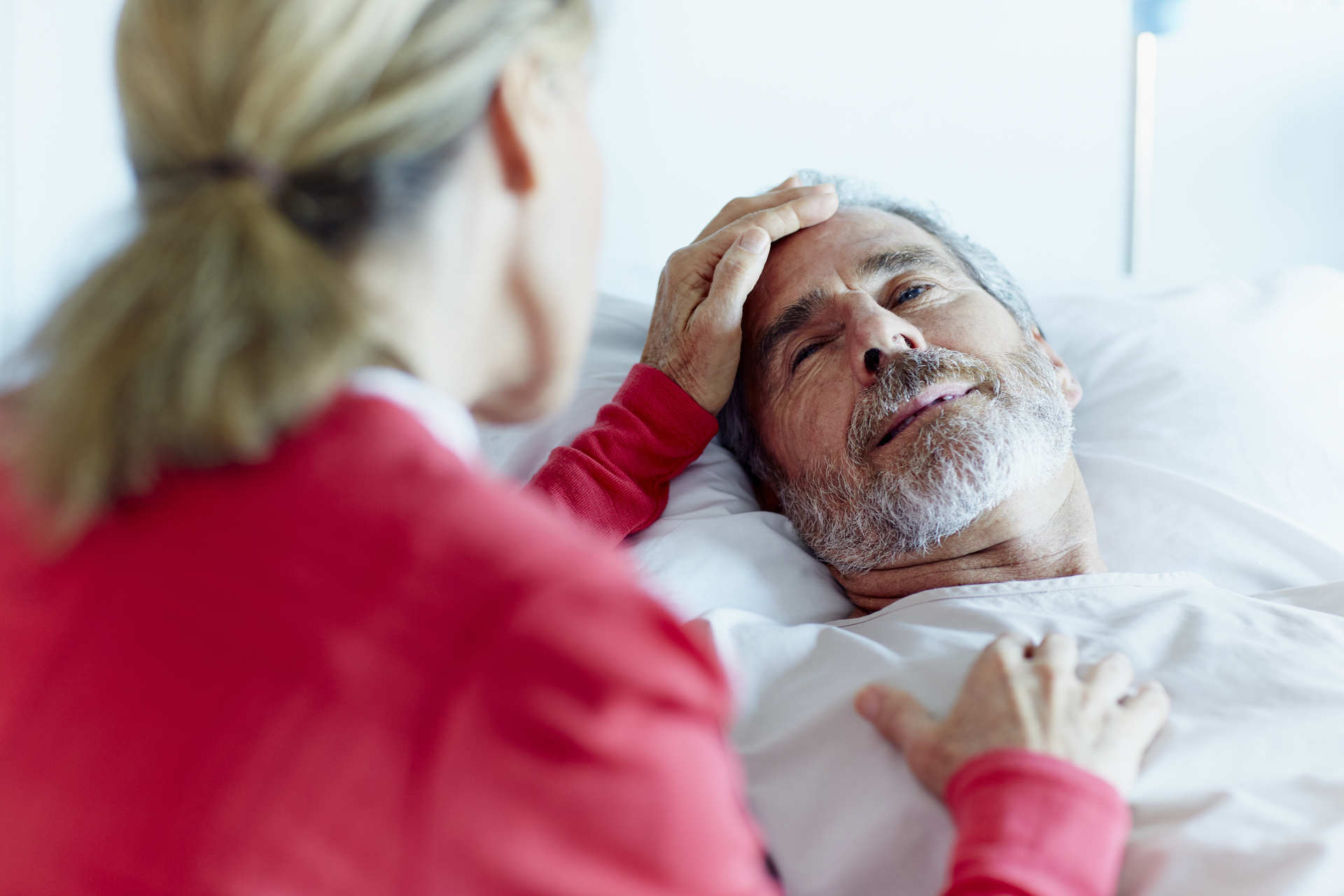Social isolation and loneliness can increase the risk of a heart attack or stroke by almost a third.
These conclusions were reached by experts from the American Heart Association, whose statement was published in the Journal of the American Heart Association.
“Research over more than four decades clearly demonstrates the association of social isolation and loneliness with adverse health outcomes,” said Crystal Wiley Sene, professor of clinical medicine at the University of California, San Diego School of Medicine, who led the signing team.
As noted by the American Heart Association, the risk of heart attack in lonely people increases by 29%, and stroke by 32% (these figures include cases with a fatal outcome).
Moreover, socially isolated adults have a 40% increased risk of another stroke or heart attack, and mortality in single patients with heart disease increases two to three times over the next six years.
Gettyimages.ru
© Morsa Images
American cardiologists also found that isolation and loneliness are associated with increased levels of inflammatory markers in the body.
Socially inactive people are more likely to experience physiological symptoms of chronic stress.
There is also a relationship between isolation and depression.
Depression can lead to the destruction of a person's social contacts, but the opposite situation is also possible, when social isolation increases the likelihood of developing depression.
In general, scientists trace the relationship between the lack of social connections and the risk of premature death from various causes, this is especially evident in men.
“There is strong evidence linking social isolation and loneliness with an increased risk of worsening heart and brain health in general, but evidence for associations with specific outcomes such as heart failure, dementia and cognitive decline is sparse,” Sene added.
The authors of the study remind that social isolation and loneliness are not the same thing.
Social isolation is expressed in an objectively low level of social activity of a person, a small number of contacts with other people.
Loneliness is a subjective feeling that can occur even in the presence of a large number of social contacts.
It is not yet clear which of these factors has a stronger effect on health status - this issue has been little studied by the scientific community.
Gettyimages.ru
© Westend61
These problems are most acute for the elderly.
Thus, in the United States, almost a quarter of the adult population over 65 years of age is socially isolated, and 22 to 47% feel loneliness.
According to a study conducted in 2020 by the National Research University Higher School of Economics, in Russia the most lonely people are among people over the age of 85 - 70%, among young people this issue worries 30%.
Social isolation in society has increased during the COVID-19 pandemic, which has particularly affected young people aged 18-25, the elderly, women, and people with low incomes.
According to data previously cited in a report by the Joint Research Center of the European Commission, according to surveys, at the beginning of the pandemic, one in four EU citizens felt lonely.
In the United States, sociological studies have shown that in the first wave of the pandemic, 71% of millennials (the generation born between the early 1980s and the second half of the 1990s) felt loneliness, while in Generation Z (born after 1996), this figure reached 79%.
The American Heart Association called for the development of special programs to reduce the negative impact of social isolation and loneliness on people at risk.
“Practitioners should ask patients how often they interact with society and how satisfied they are with their current level of relationships with family and friends.
And be prepared to refer people who experience social isolation or loneliness — especially those with a history of heart failure or a heart attack — to community resources that will help them connect with others,” said Crystal Wylie Sene.

